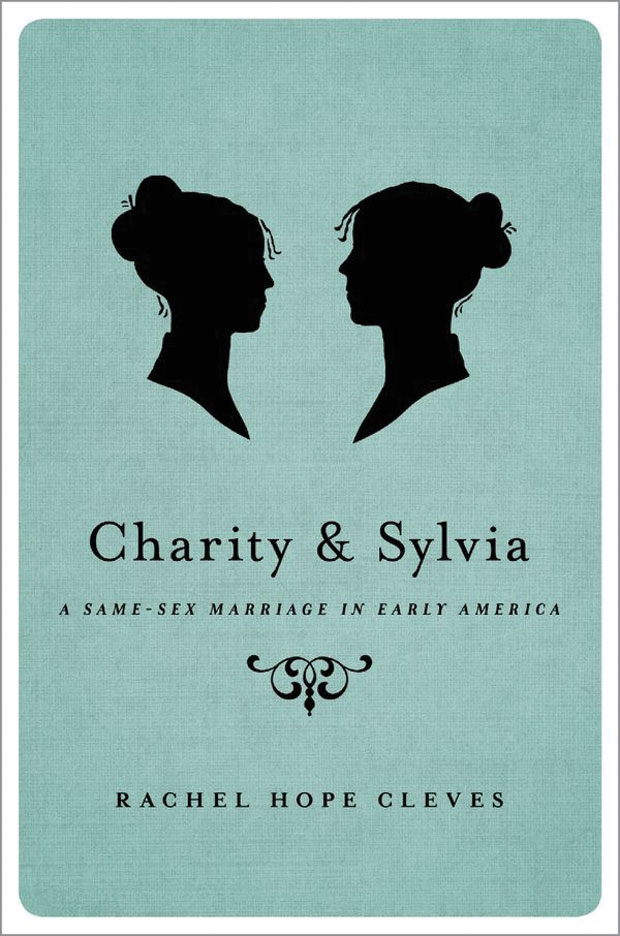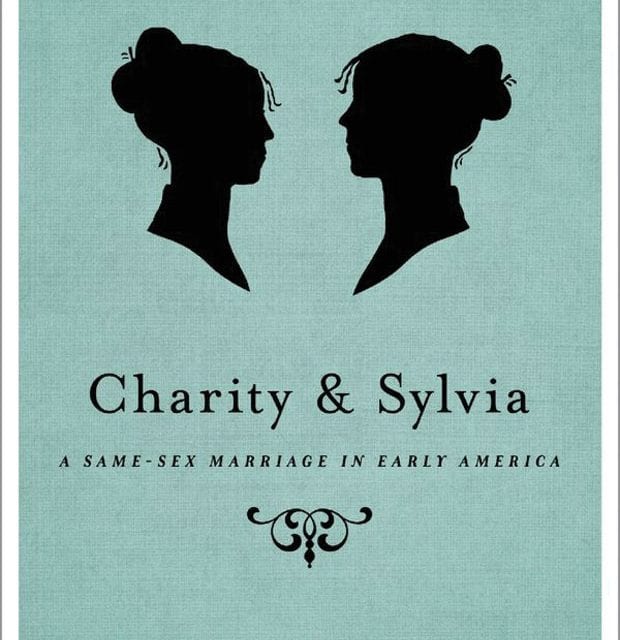
Born in the midst of the American Revolution, Charity Bryant was destined from the outset to have an interesting life: she was a sickly infant birthed by a sickly mother who died days after Charity entered the world. Before she passed, though, Silence Bryant christened the baby after her spinster-sister, an act that may have “pointed [Charity] to a model of womanhood that differed significantly from her [mother’s].”
Somewhat coddled by her elder siblings but detested by her stepmother, Charity grew with a “passion for making friends with other young women.” At the time, intimate romantic relationships among same-sex friends was lightly encouraged by parents and carefully watched … at least until the couple gave reasons for concern.
And Charity wholeheartedly offered exactly that. She was “the cause of tensions in a number of communities” and, since she was a mannish teacher of young women, was the victim of vicious gossip that kept her on the move. Girls, you see, had only recently been allowed an education, and their schools had reputations for an “erotic atmosphere.”
It didn’t help that Charity was a bit of a rake, and left a string of broken hearts in the wake of her escapes. A renowned poet, and she and her amours filled stacks of letters with romance and steam, love and longing, though Charity seemed to want to remain footloose. She “believed in marriage, just not for herself.”
But then, in 1807, while on the run from yet another sullied reputation, Charity left Massachusetts and moved to Vermont. There, she met Sylvia Drake, a relative of her hosts, and there was a spark.
With its teeny-tiny print and erudite look, I was expecting Charity & Sylvia to be dry as a dead creek bed. I’m likewise happy to admit I was dead wrong. Starting with the birth of the woman on whom author Rachel Hope Cleves focuses most, this book opens with a slice of life during the Revolutionary War.
We then move back and forth in narrative, but Cleves never lets us forget the time and space that her subjects inhabited, the social mores, the historical aspects, nor the seemingly-inconsistent attitudes toward romance and sex that our forebears held and that which we’ve been led to believe they had. I found that deeply fascinating and highly entertaining.
I think that if you’re a fan of history (LGBT or otherwise), this is something you’ll relish. With chaste retelling and its abundant details, Charity & Sylvia is your grandmother’s book — and yours, too.
— Terri Schlichenmeyer
This article appeared in the Dallas Voice print edition October 31, 2014.

